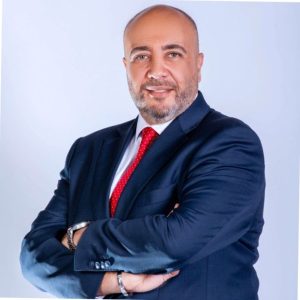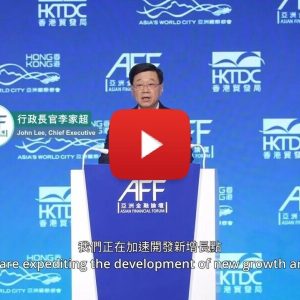
In global health discussions, Kenya’s Rift Valley often emerges as a case study on the hidden risks of fluoride in groundwater. The region’s unique volcanic geology naturally releases fluoride into aquifers, sometimes in concentrations as high as 23.5 milligrams per litre far above the World Health Organization’s safe threshold of 1.5 milligrams per litre. Communities dependent on these untreated water sources have faced prolonged exposure to excessive fluoride, leading to a long-standing public health challenge: fluorosis.
This condition, caused by ingesting excess fluoride over time, stains and weakens teeth and in severe cases, leads to permanent damage. Children, whose developing teeth are highly vulnerable, bear the brunt of this crisis. At the same time, a lack of intervention and widespread misinformation has led to mistrust in fluoride as a whole, even in products like toothpaste, where it is used in safe and controlled amounts to help prevent cavities. This mistrust compounds Kenya’s already severe oral health challenges, particularly in rural and low-income areas.
Fluoride, when used at appropriate levels, is one of the most effective tools for protecting teeth. However, addressing excessive fluoride in drinking water while improving access to affordable dental care and educating communities about safe oral health practices must go hand in hand. Without these interventions, communities affected by fluorosis will remain trapped in a cycle of preventable oral health issues.
The visible impact of fluorosis has contributed to a deep scepticism around fluoride in affected communities. Many households avoid products like fluoride toothpaste altogether, unaware that its controlled use is safe, beneficial, and prevents cavities. This mistrust, coupled with limited access to professional dental care, has left many communities with few options for treatment or prevention.
Addressing fluorosis must start with reducing excessive fluoride levels in drinking water. Technologies such as community-based defluoridation plants, successfully implemented in rural India, or household water filters, as used in Ethiopia, offer practical solutions to reduce fluoride exposure. Kenya can adapt similar models through partnerships with county governments, NGOs, and private stakeholders to provide safe drinking water to communities affected by high fluoride concentrations.
Equally important is improving access to affordable dental care. Prolonged exposure to excessive fluoride weakens teeth, but many families cannot afford basic oral hygiene products like toothpaste, and rural areas often lack access to dentists.
Subsidised oral care products must also play a central role in tackling Kenya’s fluoride crisis. Making fluoride toothpaste affordable, or providing it free in high-need areas, could encourage wider adoption of preventive oral care. Schools, in particular, could serve as distribution points for fluoride products and education programmes, allowing children to adopt healthy habits early while encouraging families to follow suit. These initiatives have the potential to reverse the long-term effects of misinformation while protecting at-risk communities from preventable dental health issues.
Education and trust-building will be critical. Localised campaigns led by health workers, teachers, and community leaders can clarify the distinction between excessive fluoride in groundwater and the controlled, safe fluoride found in toothpaste. These campaigns must engage communities at every level, using trusted individuals to address fears and rebuild confidence in fluoride-based solutions. Schools, radio programmes, and community forums can provide the platforms needed to create buy-in and lasting change.
This challenge also presents Kenya with an opportunity to lead. As fluoride-related health crises affect other countries with similar environmental conditions, Kenya can set a global example by implementing innovative solutions to combat fluorosis. By investing in water treatment technologies, mobile clinics, and strategic education initiatives, Kenya can position itself at the forefront of solving one of the world’s most pressing oral health challenges.
The Author, Elizabeth Wasunna is the General Manager at AAR Healthcare Kenya,







